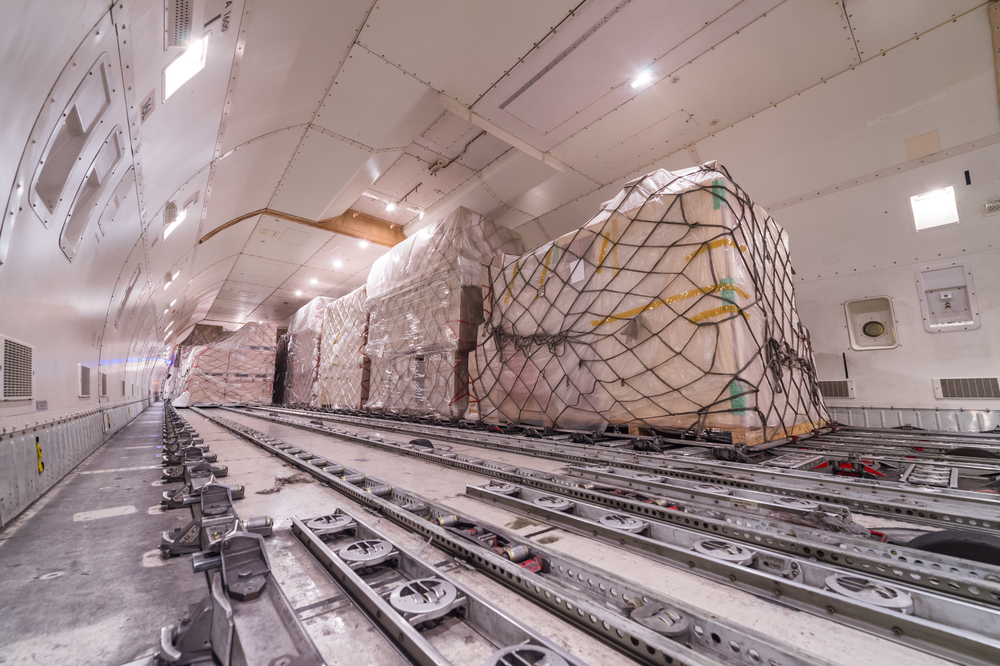Financial risks for P2F conversions
13 / 01 / 2022

Credit: tratong/ Shutterstock
Financing a P2F conversion can be a complex process with significant risks, a new report has highlighted.
Beyond standard asset, debtor and jurisdictional risks, financing a P2F conversion brings into play considerations that are not ordinarily found in a typical aircraft financing deal, said London-headquartered international law firm ReedSmith.
The company said that investors should look at whether the conversion programme is fully developed or a work in progress which remains subject to obtaining the necessary approvals, including the critical supplemental type certificate (STC).
Another issue to consider is what is the pathway to obtaining any outstanding approvals and the STC, and what happens if they cannot be obtained in the form expected, or at all.
Additionally, in the event of a default under the conversion contract, does the financier or another third party have step-in rights?
The conversion contractor should also be considered. What is their financial health and performance risk? If they fall down, who owns the intellectual property in the program and the STC, and can the financier access it?
Following on from this, what is the contractor’s track record? Do they have sufficient resources to fulfil the conversion contract on time and on budget, or have they overcommitted?
ReedSmith said that according to IBA, a narrowbody P2F conversion could cost in the region of $4.2m for a Boeing 737-800 and $6.1m for an Airbus A321-200. A widebody P2F conversion could cost in the region of $14.7m for a Boeing 767-300ER and $18.4m for an Airbus A330-300.
The company also warned green interests must be considered when looking at financing. It said that converting older, less efficient passenger aircraft into freighters may be unattractive to financiers with regulators, investors or shareholders who are actively engaged in environmental issues.
Instead, funding from green-minded sources may go to newer and more efficient aircraft or projects based on sustainable aviation fuel production or other green technologies.














